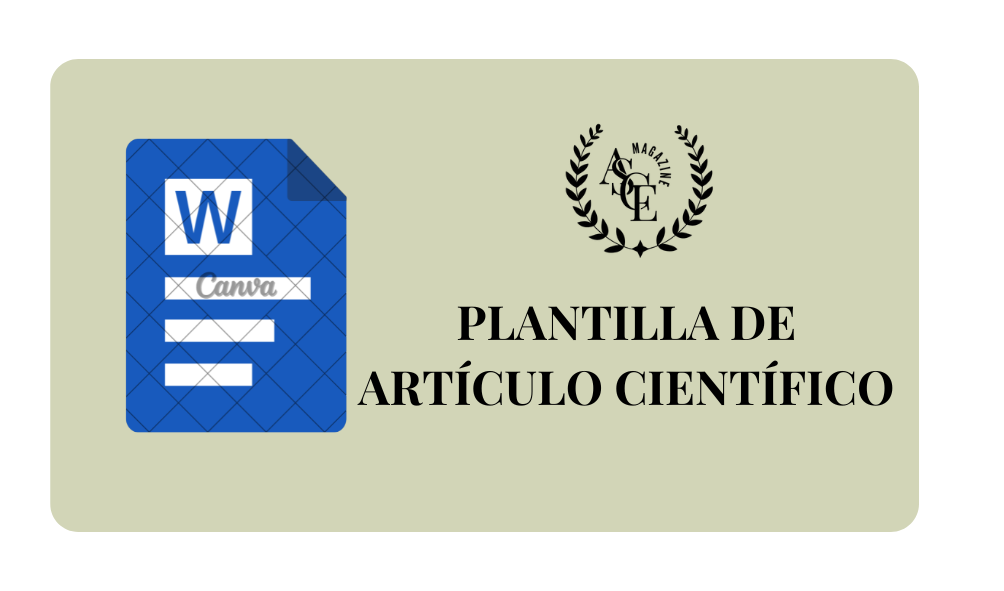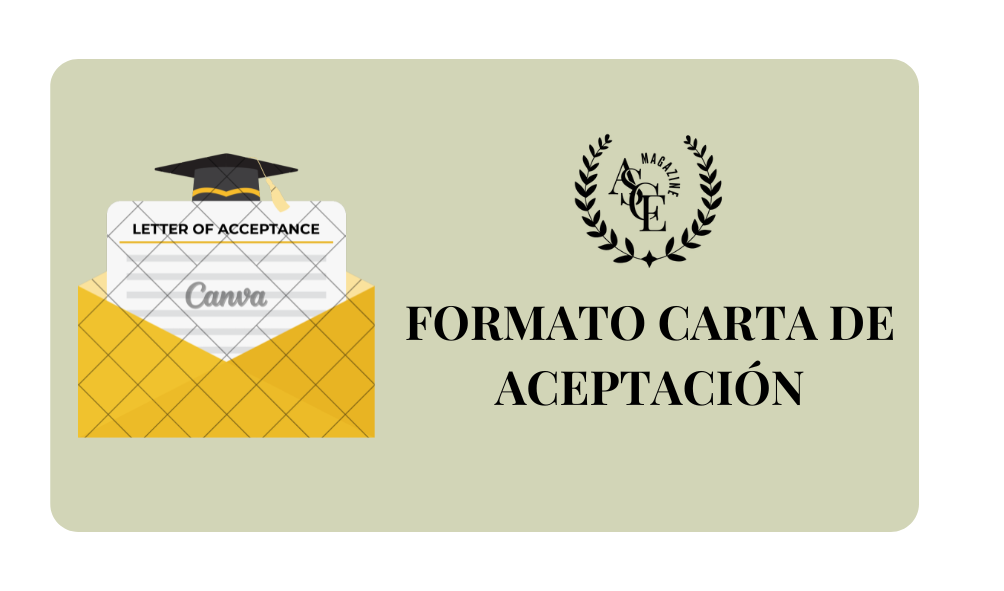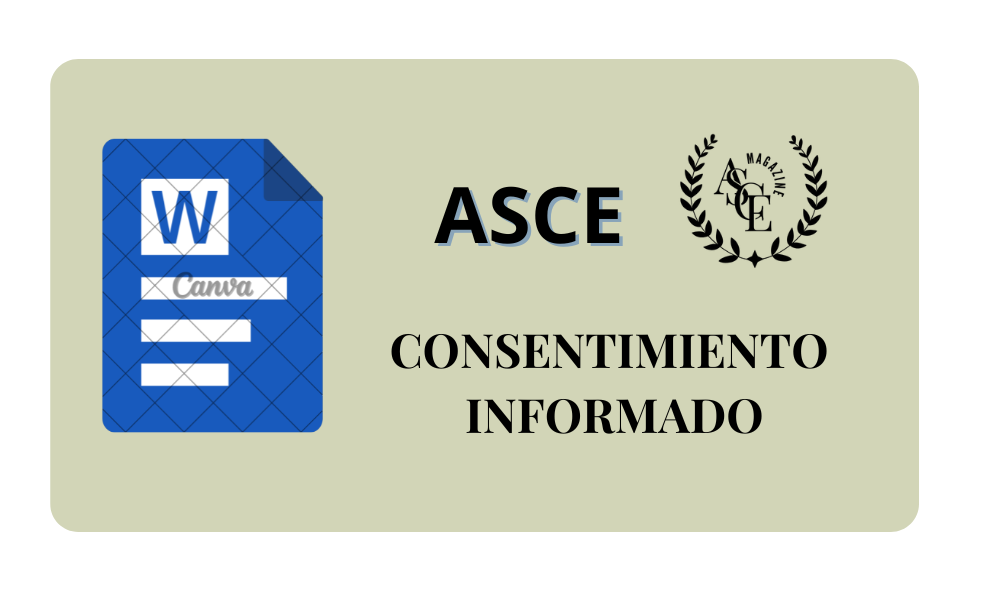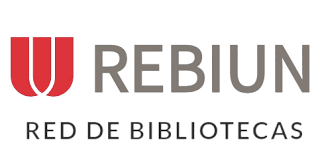La prueba de oficio para mejor resolver frente al principio de imparcialidad en procesos no penales
DOI:
https://doi.org/10.70577/ASCE/868.890/2025Palabras clave:
Código Orgánico General de Procesos, Legislación Ecuatoriana, Principio de Imparcialidad, Prueba de oficio, Prueba para mejor resolver.Resumen
En el presente artículo se considera la Prueba de Oficio para mejor resolver, reglamentada en el artículo 168 del Código Orgánico General de Procesos (COGEP), norma que rige los sistemas no penales en Ecuador. Dicha disposición concede al juez solicitar pruebas de oficio para explicar los hechos, evidenciando explícitamente las razones de su disposición. No obstante, esta facultad discrecional se generaría incertidumbres acerca de su imparcialidad judicial, al favorecer potencialmente a una de las partes y perjudicar las demandas de los litigantes. De esta manera, suspender la audiencia hasta quince días desembocando en posibles retrasos procesales. El objetivo de la presente es analizar la aplicación de esta prueba y cómo influye en el principio de imparcialidad en los procesos no penales, siendo primordial para determinar si los reglamentos ecuatorianos requieren adaptaciones que definan apropiadamente esta jurisdicción y compriman su potencial para afectar la imparcialidad procesal. La investigación adopta un enfoque cualitativo, utilizando los métodos deductivo, exegético y dogmático indagando teorías y doctrinas afines. Concluyendo en una regulación deficiente de esta figura se vería vulnerado el principio de imparcialidad, originando un impacto contradictorio en la administración de justicia.
Descargas
Citas
BIBLIOGRAFÍA
Asamblea Nacional del Ecuador. (2008). Constitución de la República del Ecuador. FielWeb.
Asamblea Nacional del Ecuador. (2009). Código Orgánico de la Función Judicial. FielWeb.
Barragán, J. (2024). La prueba. Teoria General y Valoracion de la Prueba.
Cappelletti, M. (2021). El acceso a la justicia. Editorial Civitas, 154.
Caso Garantía de la motivación, Sentencia No. 1158-17-EP/21 (Juez ponente: Alí Lozada Prado 20 de Octubre de 2021).
Castillo, P. (2023). El principio de la imparcialidad judicial: tensiones en torno a la prueba para mejor resolver en la legislación ecuatoriana. Universidad de Azuay - Repositorio Institucional, 43. Obtenido de Castillo, P (2023). El principio de la imparcialidad judicial: tensiones en torno a la prueba para mejor resolver enhttps://dspace.uazuay.edu.ec/handle/datos/1318
Cornejo, J. (2019). La Prueba en el COGEP. DerechoEcuador.com, 74. Obtenido de https://derechoecuador.com/la-prueba-en-el-cogep/
Corte Nacional de Justicia. (2018). Prueba para mejor resolver - Declaración de Parte Absolucion de Preguntas Criterio No Vinculante No. 200-P-CPJP-2018. Corte Nacional de Justicia, 1-2. Obtenido de https://www.cortenacional.gob.ec/cnj/images/pdf/consultas_absueltas/No_Penales/Procesal/064.pdf
Couture, E. (1993). Fundamentos del Derecho Procesal Civil. Depalma, 21.
Echandía, H. (2002). Teoría General de la Prueba Judicial. Tomo I. Víctor P. de Zavalía.
Ecuador, A. N. (2015). Código Orgánico General de Procesos . Quito, Ecuador : Registro Oficial.
Jordán, T. (2019). La prueba de oficio ordenada por el juez y los principios procesales establecidos en la Constitución. Universidad Técnica de Ambato, 26.
Lizarazo, C. (2022). El poder de prueba en el derecho procesal civil. Editorial Temis., 96.
Martinez, C. &. (2020). La Prueba para Mejor Resolver y el Principio de Imparcialidad. Tesis- Universidad Autonoma de los Andes UNIANDES, 23.
Montaño, R. &. (2024). LA PRUEBA OFICIOSA Y SU IMPACTO EN EL PRINCIPIO DE IMPARCIALIDAD EN EL SISTEMA PROCESAL ECUATORIANO. Universidad Estatal Península de Santa Elena, 12. Obtenido de https://repositorio.upse.edu.ec/handle/46000/11139
Montero, A. (2019). La actividad probatoria en el proceso civil. Editorial Tirant Lo Blanch., 24.
Organización de Estados Americanos. (1977). Convención Americana sobre Derechos Humanos (Pacto de San José de Costa Rica). 5. Obtenido de https://www.oas.org/dil/esp/1969_Convenci%C3%B3n_Americana_sobre_Derechos_Humanos.pdf
Sentís, S. (1973). "Tratado del Derecho Procesal Civil". Ediciones Jurídicas Cuyo, 17.
Taruffo, M. (2019). Conocimiento científico y estándares de la prueba judicial, la prueba y estándares de prueba en el derecho. UNAM, Instituto de Investigaciones Filosóficas.
Velloso, A. (2014). La imparcialidad judicial y el debido proceso. Revista Ratio Juris, 31.
Descargas
Publicado
Cómo citar
Número
Sección
Licencia
Derechos de autor 2025 Abg. Julio Sebastián Canseco López, Abg. Karina Dayana Cárdenas Paredes

Esta obra está bajo una licencia internacional Creative Commons Atribución-NoComercial-SinDerivadas 4.0.
Eres libre de:
- Compartir : copiar y redistribuir el material en cualquier medio o formato
- Adaptar : remezclar, transformar y desarrollar el material
- El licenciante no puede revocar estas libertades siempre y cuando usted cumpla con los términos de la licencia.
En los siguientes términos:
- Atribución : Debe otorgar el crédito correspondiente , proporcionar un enlace a la licencia e indicar si se realizaron cambios . Puede hacerlo de cualquier manera razonable, pero no de ninguna manera que sugiera que el licenciante lo respalda a usted o a su uso.
- No comercial : no puede utilizar el material con fines comerciales .
- CompartirIgual — Si remezcla, transforma o construye sobre el material, debe distribuir sus contribuciones bajo la misma licencia que el original.
- Sin restricciones adicionales : no puede aplicar términos legales ni medidas tecnológicas que restrinjan legalmente a otros hacer algo que la licencia permite.

























